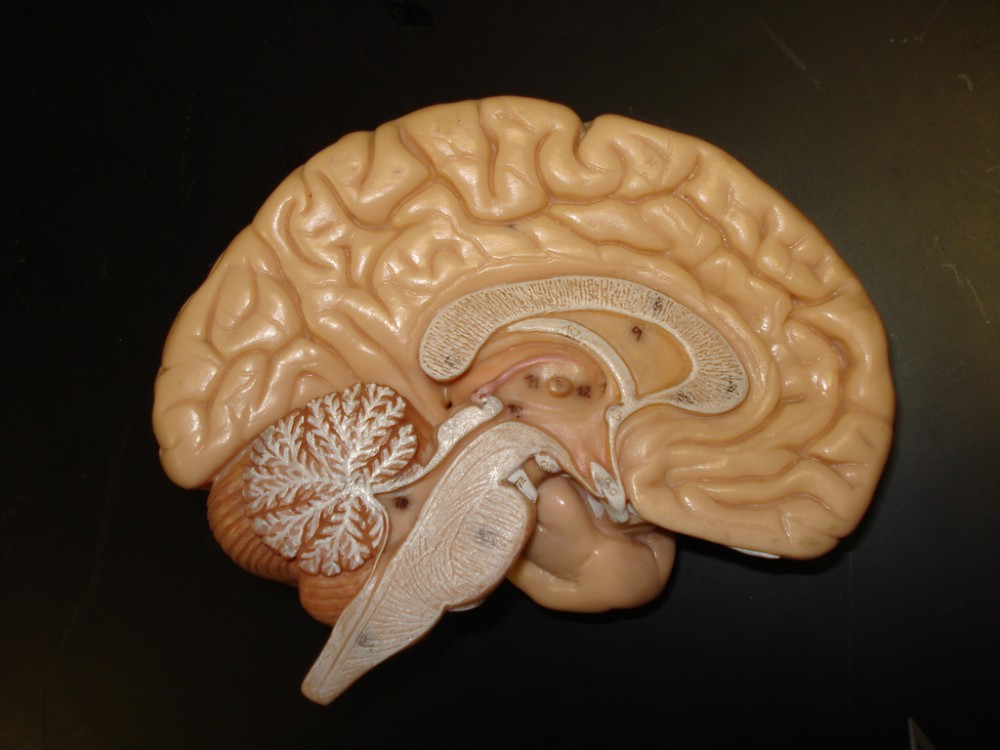
Photo by biologycorner.
Peak knowledge
I'm suffering from post-election politics burnout, so I'm just going to riff on an idea here and see where it leads.
It seems every government, from City Hall to Parliament Hill, is trying to "position ourselves in the knowledge economy". There is much fanfare about technological pioneers in the Life Sciences, Aerospace, Cleantech, and Software sectors, to name a few. But I have to question this idea of a "knowledge economy". What do the words mean, anyway? It's a term that's been bandied about since the 60s, when we suddenly realized that a new Millennium was dawning and we'd better have some flying cars and stuff by then. But I think a more fitting term would be "abstract economy".
The knowledge economy is, after all, preoccupied with pushing the boundaries of human intellect such that it loses its connection with the real world. It is not dependent on the natural systems that sustain life on this planet. It is isolated from issues of social inequality, blissfully free from societal constraints.
The problem is, nobody seems to want to invest in the real world anymore. It's like being forced to eat ramen because you spent your OSAP loan on video game character upgrades. We are hollowing out our natural and social capital, supporting instead new and exciting innovations that have little direct benefit to society.
I don't advocate ceasing research and innovation. I concede that antibiotics and solar panels have largely been a benefit to humankind, and that I wouldn't even be typing these words if it weren't for the internet. But if you're going to have a "knowledge economy" at all, it must be supported by a firm foundation of agriculture and manufacturing. Farmers really do feed cities, and I think that reality gets lost in our ever-more-virtual world.
What business does government have giving grants to tech startups when most farmers have to find a second job in the city to get by? We are a nation that can design a new smartphone every 6 months, but we can't even clothe or feed ourselves. The longer we take our Primary and Secondary sectors for granted, the more spectacularly our "knowledge economy" will crash and burn when the tipping point comes.
The other option, of course, is to just get Mexico to grow our food and Taiwan to manufacture everything for us. I'm sure they don't mind.
Sam Nabi